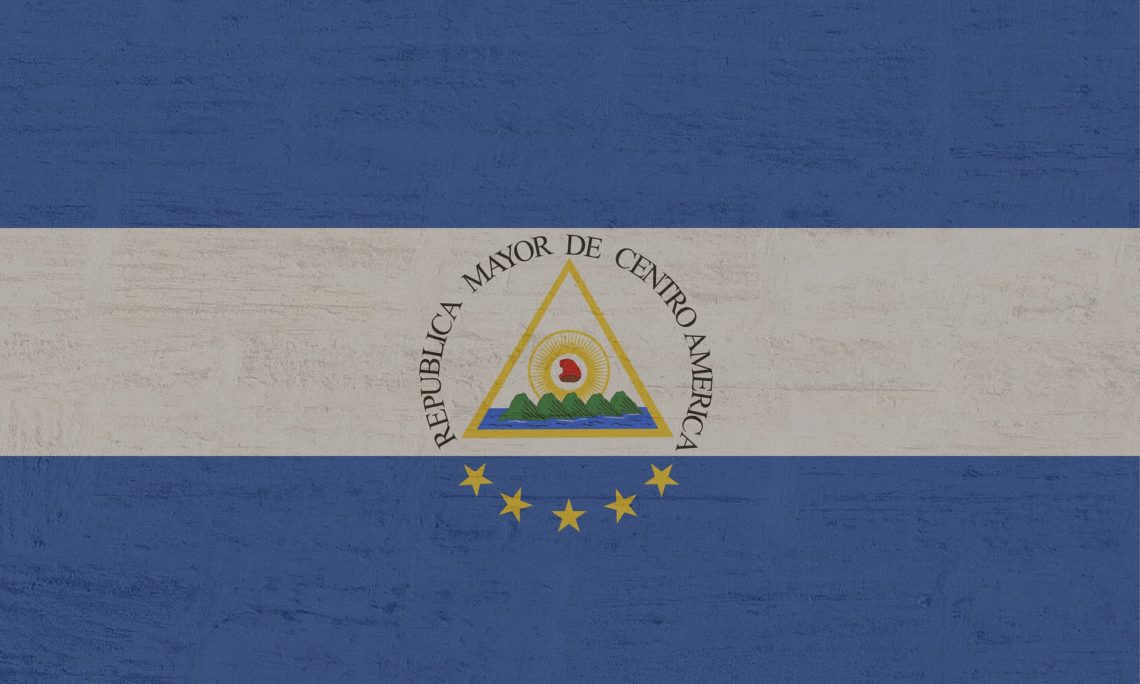Intro: El Salvador might have given Bitcoin the status of legal tender which is yet to be given a stamp but what is more problematic is the bitcoin banking regulations that are missing from the system. The Banco Central de Reserva has published a draft of reservations defining how financial institutions should handle bitcoin and services related to it.
Since the time El Salvador announced to make Bitcoin a legal tender in the country, the crypto-world is waiting in the anticipation for this financial revolution to unfold. Despite criticism from within and from outside, the country did not back down from this plan. Implementation is scheduled for September 7th.
And before the big day arrives, the Banco Central de Reserva (BCR) has published a draft of reservations defining how financial institutions should handle bitcoin and services related to it. The bank also released two consultation and guidance documents earlier this week.
These documents include instructions on how banks, cooperative banks, and credit unions should provide Bitcoin-related services to their customers. The first document is titled Guidelines for the Authorization of Operation of the Digital Wallet Platform for Bitcoin and dollars. The document will define bitcoin as a legal tender as per the bitcoin law that uses blockchain technology.
Guidelines for bitcoin related services
The document also mentions that financial institutions must register with banks to provide digital wallet services. There are certain details that the applicants will have to provide for the digital wallet. These are product offerings, market targets, a risk assessment and a plan, charges to customers, customer education about the financial product and complaint procedures.
Know-your-Customer (KYC) will also be made mandatory for everyone. However, the document did not specify whether the country’s National ID would be sufficient for opening a digital wallet. In addition, organizations must comply with anti-money laundering (AML) procedures, including monitoring and analyzing transactions.
Buyers will also be offered the option to convert bitcoins to dollars and vice versa, albeit for a small fee from the bank. An analytical translation provided by author David Gerard identified the new guidance as the electronic platform used by the digital wallet administrations must allow the central bank access in real time to all information related to the operations carried out.
The second document outlined about the technical standards. It is a more detailed rendition than the first one. It talks more about AML compliance and warns of instability and missing keys that banks must provide.
Warning Sign
However, there is an interesting point in these documents regarding bitcoin transactions. Apparently, for all of them, the bank has to collect the name and address of the client, the time of the transaction, the number of bitcoins, the value in dollars at the time, the details and address of each counterparty of the client’s transaction, IP addresses and IMEI of any mobile devices involved.
All the private information will be stored for 15 years. Gerard also highlighted that the accounting standard to measure dollar value is also missing. The standard government exchange rate of a dollar value is also missing.

Andrew is a blockchain developer who developed his interest in cryptocurrencies while pursuing his post-graduation major in blockchain development. He is a keen observer of details and shares his passion for writing, along with coding. His backend knowledge about blockchain helps him give a unique perspective to his writing skills, and a reliable craft at explaining the concepts such as blockchain programming, languages and token minting. He also frequently shares technical details and performance indicators of ICOs and IDOs.


 Home
Home News
News







